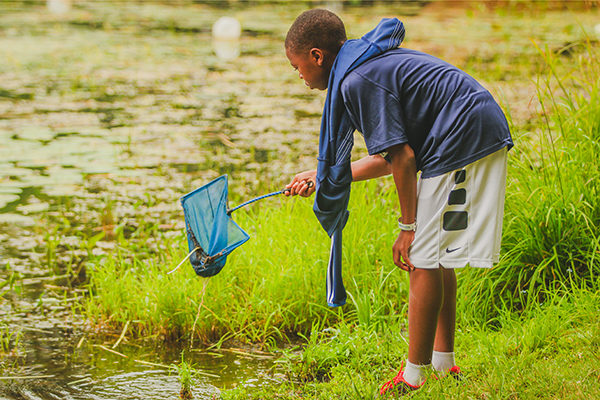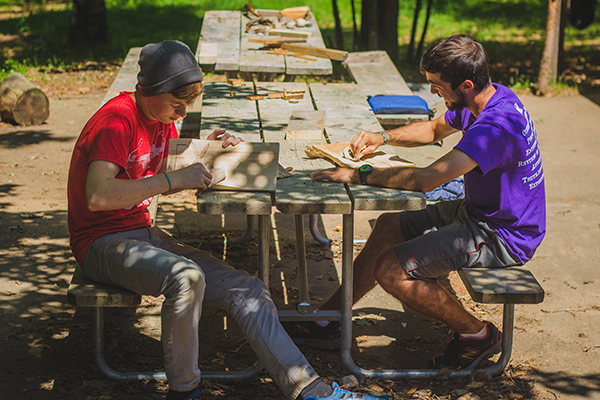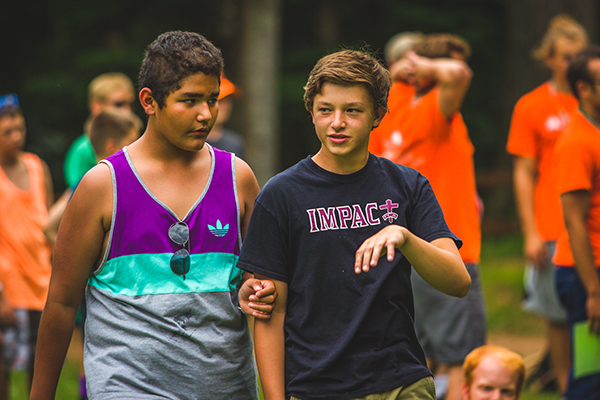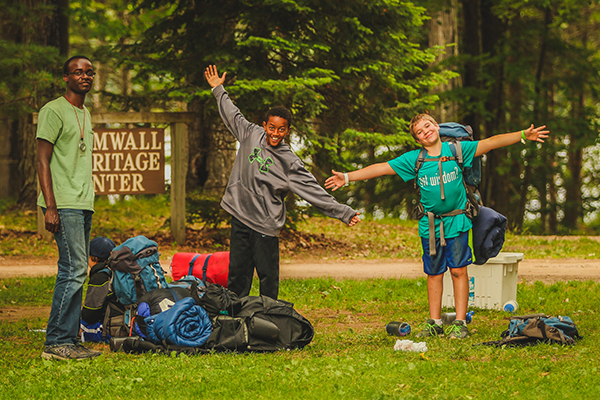Posted April 28, 2016 by
Tags:
In our world of technology and quantified scores, science has come to the conclusion that generations of camp counselors have known to be true: summer camp is a formative time for children that helps them develop into mature, well-rounded individuals.
According to a 2013 study (the Canadian Summer Camp Research Project), summer camps that lasted a week or longer helped children develop in five areas:
The study also found that older children and longer camps increased the development in these areas.

Social Integration and Citizenship: Campers learn to make friends in a group of peers they don’t know. They make lasting friendships because of shared experiences. As part of a community, campers find a sense of belonging and learn to take part in a group larger than themselves or their immediate family and friends.

Environmental Awareness: Spending time in nature increases appreciation for the world. Campers not only spend time in nature, but are also taught to care for the world around them. With a focus on safety, campers learn both wilderness survival skills and how to interact with nature in a way that is not destructive.

Attitudes Towards Physical Activity: Our world increasingly takes place indoors and online. At camp, children are separated from technology and instead spend their days in outdoor physical activity. Camps provide fresh air, exercise, good food, and a healthy mix between routine and unstructured time. Campers are encouraged to play in their free time, not on their devices, but with each other and the world around them.

Emotional Intelligence: Campers quickly learn social skills from living with others, sharing experiences, and resolving disagreements. They learn to communicate with each other and with the adults around them. They form relationships with adults who aren’t their parents and learn how to communicate well. Camps typically have no tolerance for bullying, so campers are allowed to form relationships without any stereotypes or roles they have at school.

Self-Confidence and Personal Development: More than anything, summer camp helps children become more resilient and independent. Overcoming challenges provides a sense of accomplishment and competence. Campers can take pride in their abilities, which gives them confidences in their ability to continue to succeed. Away from home, children are able to explore their identity and abilities.

Summer camp brings children to a place away from home where they can learn to be independent. The challenges of camp aren’t just hiking or learning a new skill or completing an adventure challenge. They’re in “getting along with a new group of peers, learning how to ask for help from others, or taking a manageable amount of risks without a parent following after you” (PsychologyToday). Counselors and staff care for campers, but the children are somewhat responsible for taking care of themselves. This teaches them how to manage without their parents looking out for their every action.
Overall, summer camp provides children with the means to grow and mature. Campers become more independent and able to face challenges in life.
~written by Lydia H. Stucki
